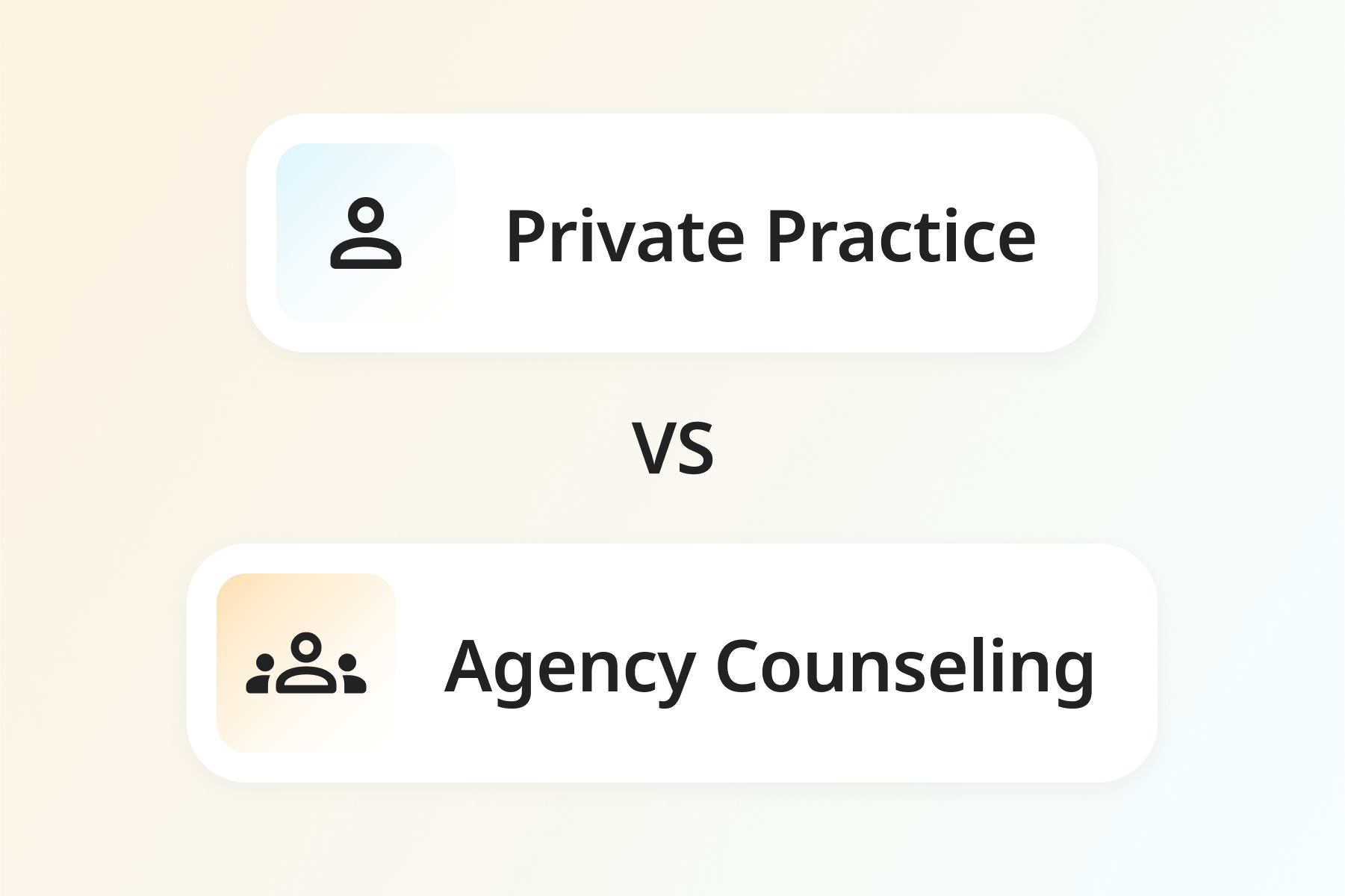Marketing Your Mental Health Practice


Working with mental health professionals, I frequently come across practice owners who are just starting out. One of the greatest challenges they face is how to build a robust client base. Drafting a business plan and a subsequent marketing plan can be a daunting task for mental health providers. Therapists, social workers, and other mental health care providers often wish they had had more formal training in business, financial and marketing management before setting up their practice. It becomes even more important today, when digitally savvy customers can tap into online resources in order to research a wide variety of mental health service providers in their area. If you are not strategic and targeted in your approach to building an effective marketing strategy, you may miss opportunities to get the word out to the right people at the right time. The good news is that, here at TherapyAppointment, we take our customers’ challenges seriously. We can help you with your marketing so you can focus on what you love!
Every business needs a marketing strategy
- Build a brand. Your brand is how your clients describe your practice to other clients. Attracting new business is not sufficient; you must go further and build your brand to achieve longevity and sustainability. Building on your brand assures clients that you genuinely care about their well-being and can help instill their loyalty.
- “Position yourself well enough, and circumstances will do the rest” - Mason Cooley. If you want to position yourself strategically in the field of mental health, you must define how your services will fill the needs of your market. Writing a positioning statement will help guide you as you build your marketing strategy. A positioning statement is an expression of how your service fills a particular need in a way that your competitors do not.
- Feedback is vital! It might be possible for some businesses to downplay client feedback but not in the therapy business! Feedback allows you to make the necessary changes for your practice. Use it to help you to make improvements in your business and achieve your client acquisition goals.
10 Tips to Guide You in Marketing Your Practice
Marketing is crucial for the growth and success of your mental health practice. Let’s delve into some practical tips that will help you in this process:
- Blog for success. Patients can often be made aware of their need for better mental health when they read blogs online. Use blogs that address major issues that you have come across in your practice. Make it easily accessible. Keep your article readable and easy to understand. Provide a link to your website and other contact details so that the clients can reach you effortlessly.
- Build a social media presence. Social media has become a platform where people from different backgrounds meet and share information. Marketing on these platforms allows you to reach clients informally and effectively. Update your accounts regularly to stay connected. Alway try to provide feedback to queries and concerns; this helps build your reputation. You can encourage satisfied clients to leave a review of your services; it will help attract new clients to your business.
- Digital networking. Try to network with other professionals. For example, you can work with doctors so that they can refer patients to you. Be vigilant, and find conversations taking place online where you can provide relevant insight. It may also be worthwhile to provide a link to your website after making comments. Effective networking efforts will help you create partnerships that add credibility to your business. Taking time to find the right groups and make connections is important.
- Search Engine Optimization. Building a good website is not enough to attract people to your therapy practice. You must ensure that the search engine ranks you well enough to attract prospective clients. This involves creating rich and interesting content. It also necessitates that you use the right keywords, links, images, and videos. Users must be able to navigate through the site easily and quickly. It to your advantage to involve an I.T. professional to help you build your site. There are a number of websites that list freelancers for these types of services; Up Work and Fiverr are just two names you can investigate.
- Stay in touch via newsletters/emails. It is important to stay in touch with your potential and prospective clients via emails and newsletters. People will read emails when they see that their questions regarding therapy and mental health topics are addressed there. This method is very cost efficient; you can spread your message without spending a fortune. In your message, you can include include the type of services that you offer, business hours, upcoming events, and online resources for patients. You can also address wider mental health issues that impact demographics, workforce, gender etc.
- Market a flexible practice. It is not always convenient for clients to meet you at your office. Consider offering teletherapy and flexible scheduling options for clients. Teletherapy enables both you and your client to be location independent. You can also market this new service to existing clients!
- Optimize your website for mobile users. There is a good chance that most clients will communicate with you through their mobile devices to set up appointments, read your marketing emails, etc. Always ensure that they have a positive experience by optimizing your site and all email communication for mobile devices. Please ensure the security of all communications to comply with HIPAA regulations.
- Capitalize on the local market. While it is useful to reach out to clients across a general area, you should also focus on targeting the unique needs and issues impacting your local clientele. Keep these needs in mind while drafting your marketing messages, and ensure that you address the local issues of your community in your communications. Use local online directories, like Yelp and Google Business, to get your name in front of the public.
- Online Reviews. Encourage your existing customers to review you on Yelp, Google and other online review sites. Today’s savvy therapy-shopper is keen on listening to what others have to say about your services. While many reviews are anonymous, they still give weight and credibility to your service.
- Be patient and consistent. Achieving success for your practice through marketing takes time and consistent effort. You must be patient and evaluate whether the strategies proposed here are worthwhile or whether you need to make some changes. Be consistent and authentic in your marketing; this will ensure that you build strong relationships with your clients, both current and prospective.
Therapists are perpetually passionate about helping their clients and providing constructive therapy. Today, marketing is about providing a great experience even before the first therapy session. Once your client sets up an appointment, continue to offer a positive digital experience by utilizing the marketing tips and tactics above. TherapyAppointment software offers you and your clients an intuitive and practically paperless workflow. Your patients benefit from our robust patient portal that makes document delivery, scheduling, and payments a breeze.We wish you the very best in your endeavors to build and grow a successful mental health practice using these marketing tips!

.jpg)

